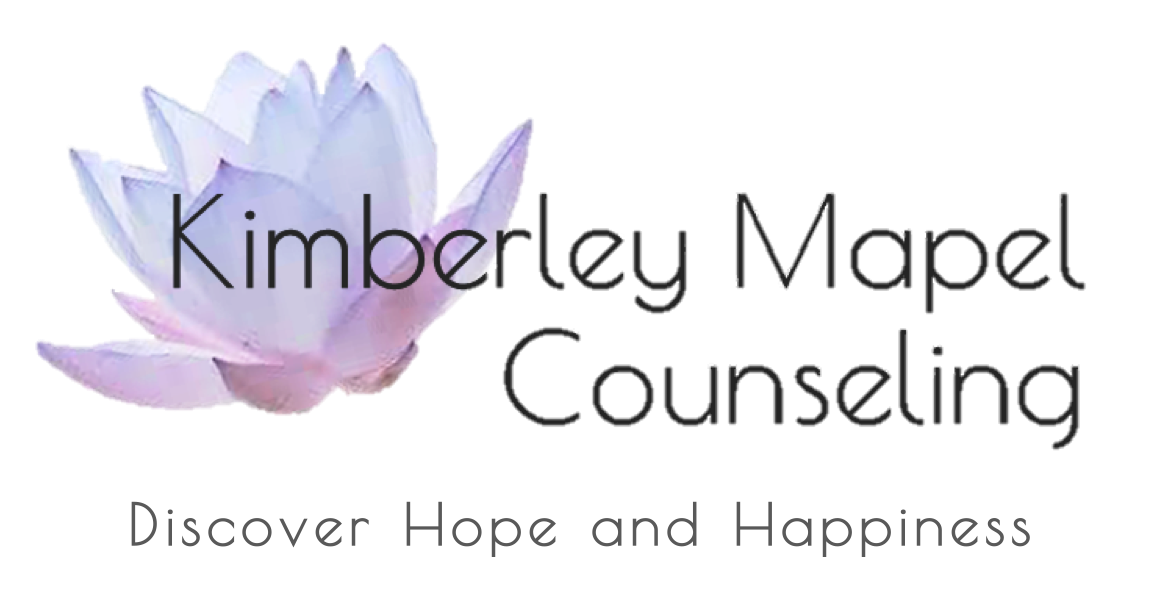Shortly after graduate school, as I continued to train as a therapist, I discovered mindfulness as a way to help my clients with Anxiety, Depression, and Stress. As I learned about mindfulness for the benefit of my clients, I began to apply to principles and tools to my own life. Mindfulness helped me become present and attuned to my experiences, my relationships, and myself. Gradually, I began to see and experience life with a clearer perspective, and my life began to embody a sense of inner ease and peace. Practicing mindfulness brought a sense of calm steadiness to my inner life, similar to a boat being anchored in the water.
What is Mindfulness and Why Has it Become So Popular?
It is helpful to look at mindfulness in two ways. First, mindfulness is a way of being that includes a quality of mind and an innate capacity that we all have. Our brain has the capability for awareness, attention, focus, and control, and we naturally flow in and out of these states regularly whenever we are conscious. So rest assured, mindfulness is not something that is available to an enlightened few, you already possess it.
A second helpful way to view mindfulness is as a practice. While our brains are wired for mindfulness, there are practices that help cultivate the habit of being mindful. These practices can include:
mindful meditation
mindful movement
and becoming an observer of your mind, which includes noticing your thoughts and inner dialogue.
While there are several “definitions” of mindfulness to be found, the one I prefer comes from Barry Boyce at Mindful.org who says that mindfulness is, “The basic human ability to be fully present, aware of where we are and what we are doing, and not overly reactive and overwhelmed by what’s going on around us.”
Mindfulness is trending today for several reasons, including modern scientific technology and discovery. Neuroscience and brain research provide solid evidence that practicing mindfulness and meditation improves the structure and function of our brain, as well as the quality of our lives.
As a society, living and adapting to modern times, more and more people are turning to contemplative practices, such as mindfulness, meditation and yoga as a way to holistically approach their lives and to better manage stress.
How Can Mindfulness Help You?
Mindfulness is helpful for overall well-being because it greatly reduces stress, setting the foundation for better physical and mental health. Mindfulness helps us to know ourselves better by becoming more aware of the habits of our mind and how this influences our mood and behaviors.
Research has shown that mindfulness is particularly helpful for anxiety and depression. Depression and anxiety are fueled by particular ways of thinking. For instance, depression typically includes ruminating about the past and predicting that the future is not going to be any better. Anxiety, on the other hand is worrying about the future and an intolerance for uncertainty. Studies have shown that mind wandering is associated with being less happy, and mindfulness is a way to help reel the mind in.
Additionally, mindfulness, as a coping tool, can help you navigate intense emotions when you are experiencing them. Through training your awareness, mindfulness helps you to step back from your thoughts, feelings, and circumstances and to simply observe them without judgment or criticism, allowing them to just be there without the need to change anything. Rather than attempting to push away our negative emotions and cling to the positive ones, mindfulness helps us to cultivate a new relationship with all of our emotions. We discover that no painful feeling lasts forever, they come and they go, and that we can remain steady in the midst of it.
Mindfulness doesn’t promise to make life less hard or make your problems go away. But, with time and practice, mindfulness helps you learn to skillfully respond to your life with intention rather than reacting habitually. Mindfulness gives you a solid foundation of inner balance and peace.
Click here for guided meditation: kimberleymapel.com
If you would like to learn more, below are some of my favorite resources to get you started or continue your journey.
Websites:
Mindfull.org is a non-profit organization and celebrates mindfulness, awareness and compassion through its magazine, events and collaborations
https://www.mindful.org/
Books:
by John Kabat Zinn
https://www.amazon.com/default/e/B000AQ12GA?redirectedFromKindleDbs=true
The Mindful Way Workbook: An 8-week program to free yourself from depression and emotional distress
The Mindful Way Through Anxiety: Break free from chronic worry and reclaim your life
https://www.amazon.com/Mindful-Way-through-Anxiety-Chronic/dp/1606234641/ref=sr_1_4?ie=UTF8&qid=1529840837&sr=8-4&keywords=the+mindful+way
People:
Tara Brach
Elisha Goldstein
http://www.elishagoldstein.com/
Copyright Kimberley Mapel
